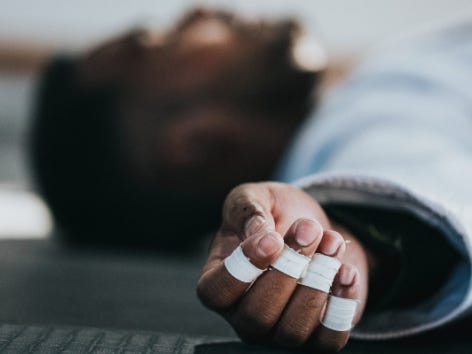I Nearly Broke My Hand Trying To Impress the Teacher
The hardest lessons are the ones that stick

The martial arts studio was only a half mile from my house. After walking at least a dozen times past a sign offering a free lesson, I decided to sign up.
I was a 15-year-old high school athlete and figured I’d impress the instructor with my strength, coordination, and flexibility. They’d be begging for me to become a st…



